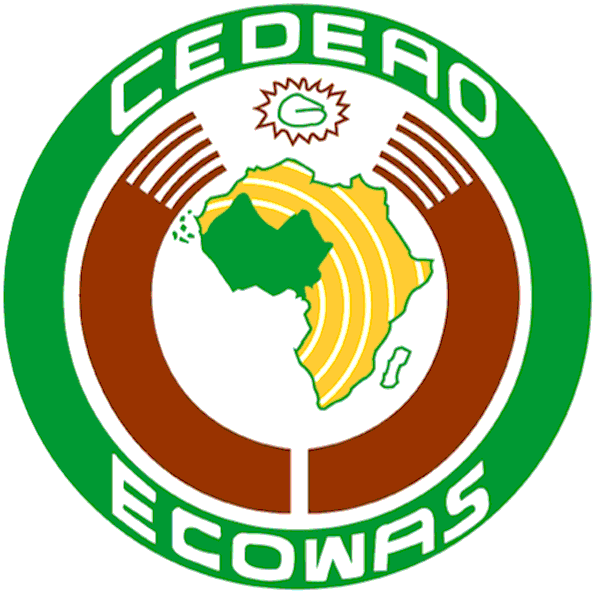The ECOWAS Parliament has called for sanctions against member states that default in the payments of the community levy in line with the ECOWAS Protocol guiding payments.
Speaker of the parliament Moustapha Cissé Lo said Community Levy formed part of the deliberations of the parliament at its 2016 First Ordinary Session which ended in Abuja on Saturday.
According to the protocol guiding the community levy, the rate of the Community levy shall be fixed at 0.5 per cent of the value of imports originating from third countries.
The protocol requires that the levy should be collected by designated organs in member states and paid into a dedicated ECOWAS Account.
This rate may be amended, as necessary, every three years by the Authority on the recommendation of the Council of Ministers.
Cissé Lo, who spoke through an interpreter, however, said that the community would not function effectively if funds were not available to run its activities.
He said parliamentarians had the responsibility of sensitising the legislature and executives to the need to pay the levy.
“The issue of the community levy was at the centre of all our debates during the session and you have to know that our parliament cannot take decisions or measures as such.
“Each delegation, when they get home, has the task to do the sensitisation work with their authorities to insist and explain to them that countries have to pay the community levy.
“This is because without the community levy, the community will stop functioning; altogether, without money, we are lost.
“Otherwise if countries do not pay what we can do is ask the Council of Ministers or the Authority of Heads of State and Government to impose sanctions on countries that do not pay the community levy,” he said.
The speaker also said that session also deliberated on the Draft Supplementary Act of the Enhancement of Powers.
The speaker explained that the strengthening of powers of the parliament depended on the “goodwill” of the Authority of Heads of State and Government.
“ The Supplementary Act was submitted but it was rejected by the Heads of State.
“After all they decided to set up the parliament in the first place and they gave us a consultative role saying that we should have that role until direct elections can be held; this is not possible and does not exist yet.
“At this session, we saw that the problems in their minds was that we are asking for co-decision powers and co-legislative powers, as well as the creation of the post of ombudsman.
“So we said let us come back to the basis, not ask for those things anymore but only ask for one power, that is, the budget control.
“It is not to say that we will approve the budget, we will not have the authority but at least we will be allowed to give our opinion and to make amendments to this budget.
“That is my position as a speaker of this house and I have said it to the Bureau and all the members,” he said.
The speaker also said that the session also considered and adopted reports of the different committees of the parliament.
He said the second ordinary session of the fourth legislature would hold in September.



Leave a Reply